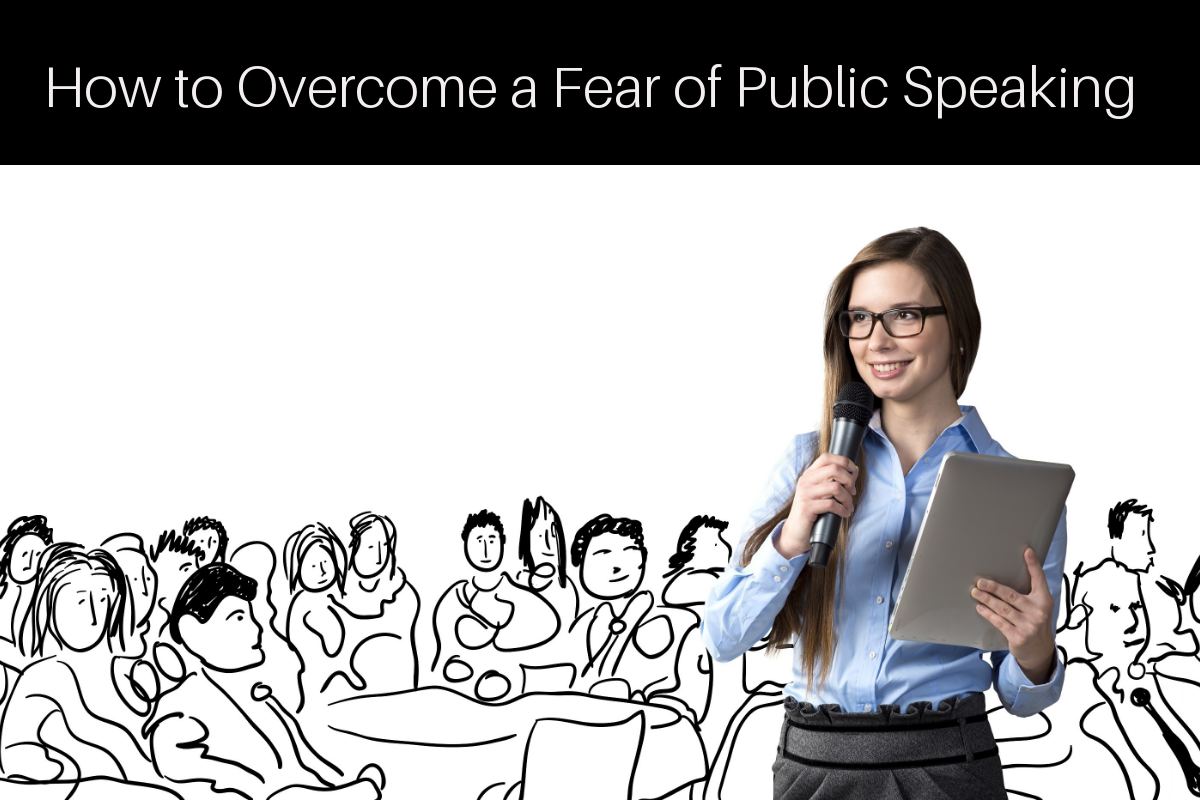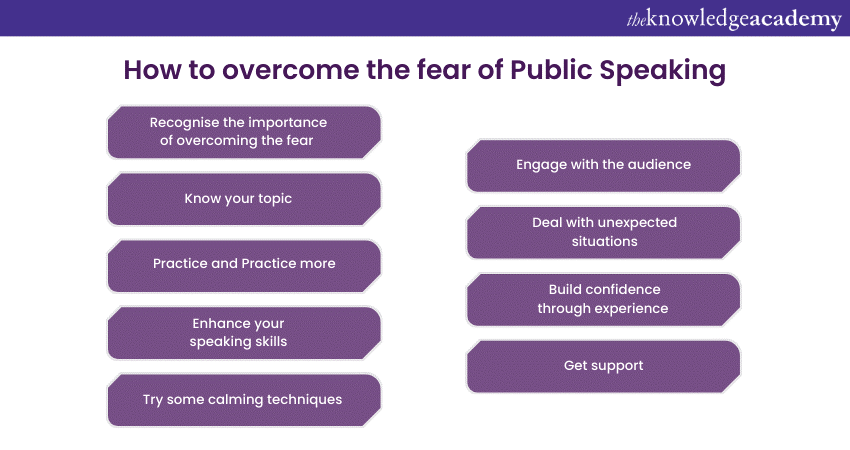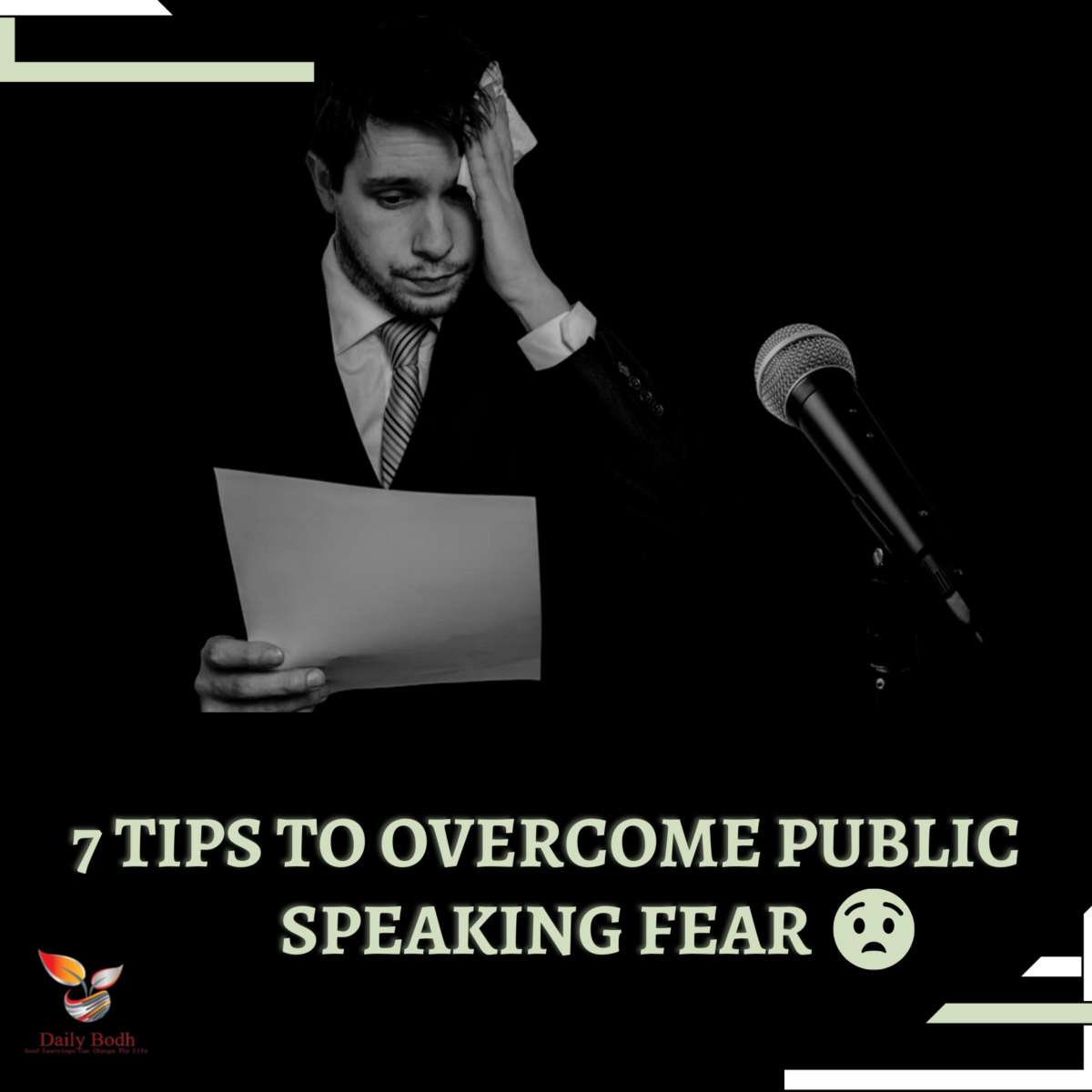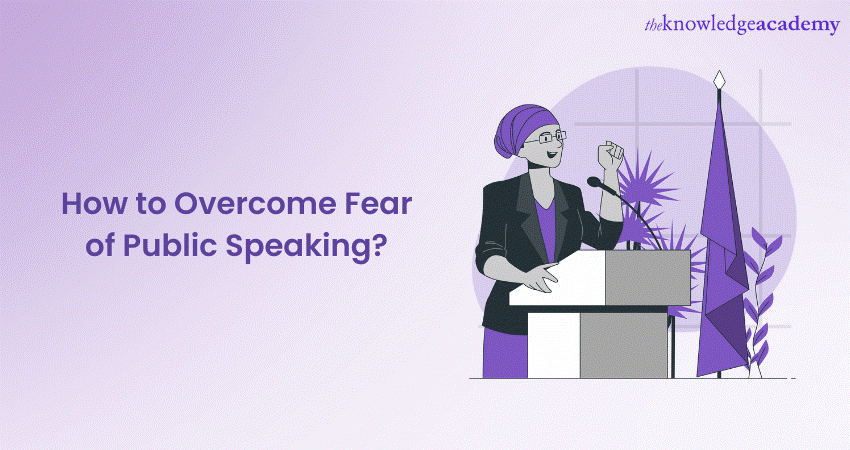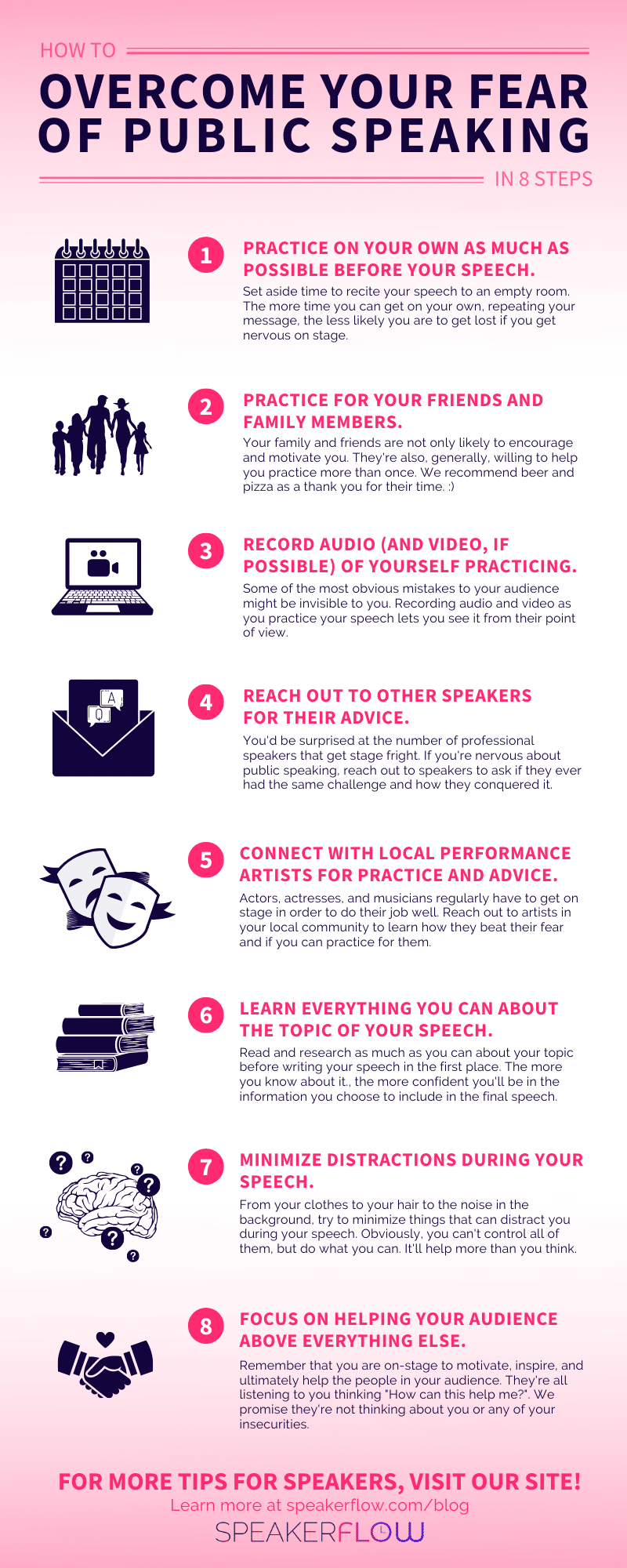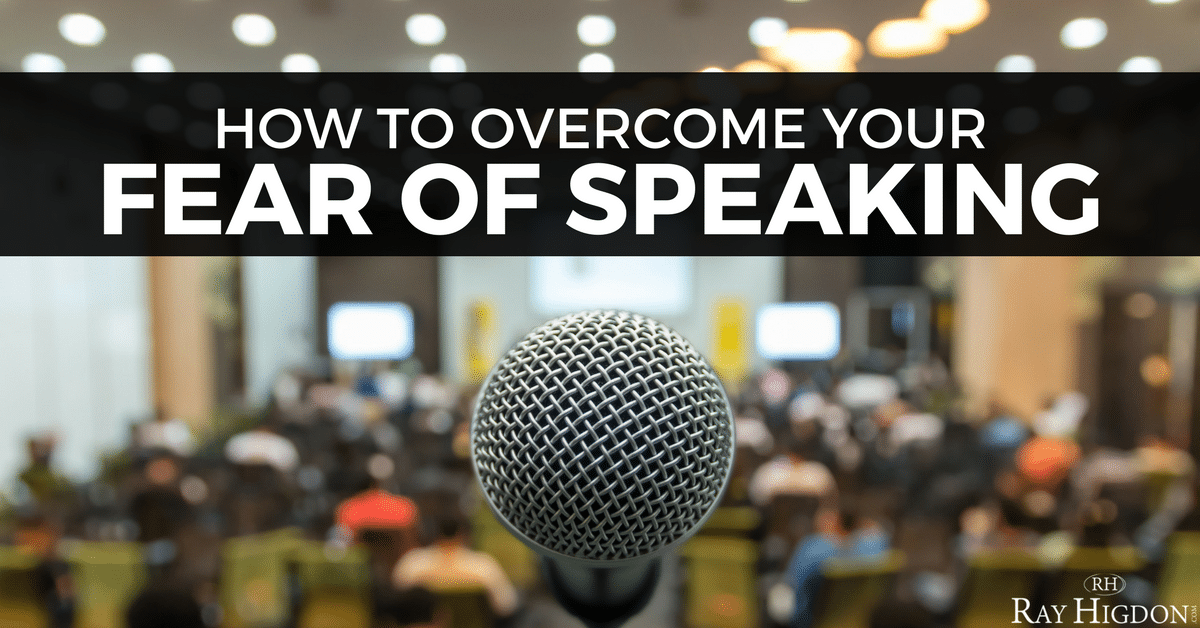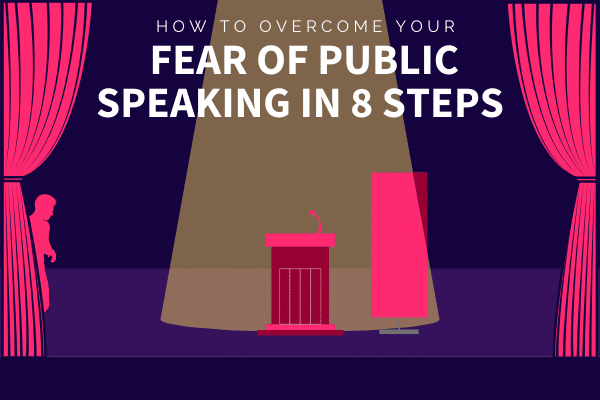How To Overcome Fear Of Speaking In Front Of Others
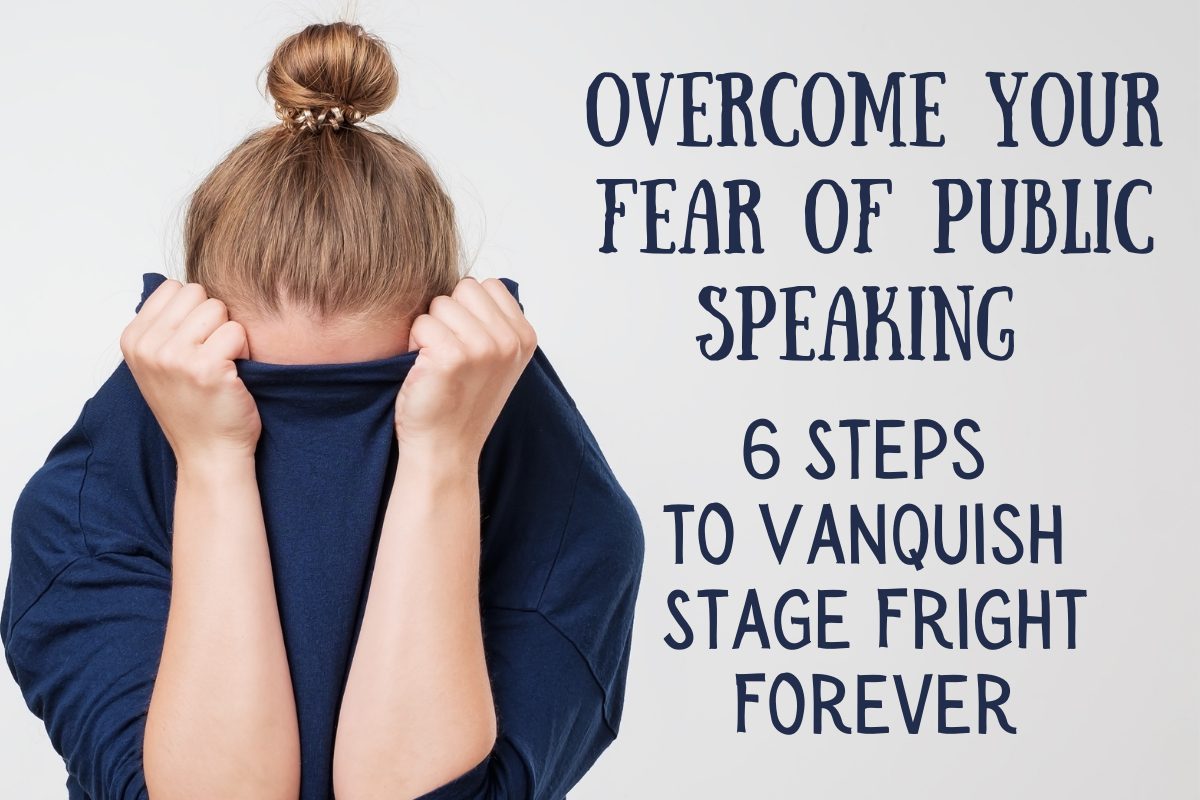
Millions suffer from glossophobia, the fear of public speaking, hindering careers and personal growth. Experts reveal actionable strategies to conquer this common anxiety and unlock confident communication.
Understand Your Fear
The first step is identifying the root of your anxiety. Is it fear of judgment, memory lapses, or physical symptoms like sweating or shaking? Understanding the "why" empowers you to address it directly.
Anxiety stems from the brain's "fight or flight" response. Recognizing this physiological process can help you rationalize and manage your reactions.
Preparation is Key
Thorough preparation significantly reduces anxiety. According to the National Institute of Mental Health (NIMH), those who practice their speeches are significantly less likely to experience panic during presentation.
Practice your speech multiple times. Rehearse in front of a mirror, record yourself, and solicit feedback from trusted friends or colleagues.
Knowing your material inside and out builds confidence. Create detailed outlines and use visual aids to support your message.
Practice Relaxation Techniques
Calming your nerves is crucial before and during your presentation. Deep breathing exercises can help regulate your heart rate and reduce anxiety.
Try the 4-7-8 breathing technique: inhale for 4 seconds, hold for 7 seconds, and exhale for 8 seconds. Repeat this several times to promote relaxation.
Progressive muscle relaxation, meditation, and visualization can also be effective tools. Experiment to find what works best for you.
Start Small and Gradual Exposure
Don't jump into a large presentation immediately. Start with smaller, less intimidating speaking opportunities, such as contributing in meetings or presenting to a small group of friends.
Gradually increase the size and complexity of your speaking engagements. This systematic desensitization helps you build confidence over time.
Volunteering to speak in safe, supportive environments can be invaluable. Consider joining a Toastmasters club to practice public speaking skills in a low-pressure setting.
Focus on Your Message, Not Yourself
Shift your focus from your anxiety to the message you want to convey. Remember "what" is important.
Concentrate on connecting with your audience and sharing valuable information. This helps to take the spotlight off your own insecurities.
Visualize success and imagine yourself delivering a compelling presentation. Positive self-talk can boost your confidence and reduce negative thoughts.
Embrace Imperfection
Accept that you are human and will likely make mistakes. Everyone stumbles or forgets a word occasionally. It's okay.
Don't dwell on your errors. Learn from them and move on. Most audiences are forgiving and understanding.
View public speaking as an opportunity for growth and learning. Each experience, regardless of outcome, helps you become a more confident and effective communicator.
Seek Professional Help
If your fear of public speaking is severe and debilitating, consider seeking professional help. A therapist or counselor can provide specialized techniques and support.
Cognitive behavioral therapy (CBT) is a common treatment for anxiety disorders, including glossophobia. CBT helps you identify and challenge negative thought patterns.
Medication may be an option for some individuals, but it's essential to discuss the risks and benefits with a medical professional.
Conquering the fear of public speaking is a journey, not a destination. Continue to practice, learn, and refine your skills. Ongoing workshops or courses offered by groups like Dale Carnegie can provide valuable resources.
By implementing these strategies, you can transform your anxiety into confidence and unlock your full potential as a speaker. Take action today and embrace the power of your voice. Next steps should be implementing what you've learned.

